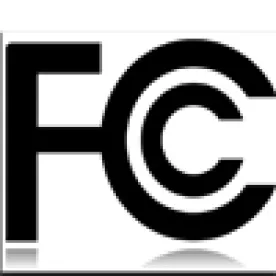FCC to Vote on Pole Attachment and IP-Transition Matters
The FCC is expected to adopt several matters of interest to Keller and Heckman clients during its Open Meeting scheduled for November 16. In Docket No. 17-84, the “Wireline Broadband Deployment” proceeding, the FCC is expected to adopt its draft order released in late October that addresses three minor pole attachment issues and tees-up for further discussion on overlashing and service drop attachment issues. In regards to the IP-Transition, the draft order provides incumbent local exchange carriers substantially more flexibility in transitioning to IP-based services, including discontinuing the legal obligation to provide written notice to business customers 180 days in advance of an ILEC’s replacement of copper loops with either fiber, coax or fixed wireless technologies.
Blocking Robocalls
At the Open Meeting, the Commission also plans to consider a Report and Order that would authorize voice service providers to block certain types of “robocalls” that falsely appear to be from telephone numbers that do not or cannot make outgoing calls.
Spectrum Frontiers
In addition to the items referenced above, the FCC also will consider a Second Report and Order in its Spectrum Frontiers proceeding. If adopted, the Order would add 1,700 MHz of additional spectrum in bands above 24 GHz for flexible terrestrial use, including unlicensed use.
NG-911 Grant Program
The comment deadline has passed to respond to the Notice of Proposed Rulemaking issued by the Department of Transportation’s National Highway Traffic Safety Administration (NHTSA) and the U.S. Commerce Department’s National Telecommunications and Information Administration (NTIA) on regulations implementing the new 911 Grant Program. Several interest groups stressed that NHTSA should require grant recipients to demonstrate that their networks can share emergency calls and related data among ESInets and can hand off emergency calls and related data with each other. Commenters also expressed concern that allowing tribes to apply for grant funding directly could result in duplicative requests between tribes and state 911 authorities for the jurisdiction where the tribe is located.
NTIA Head Approved
Last week, the U.S. Senate officially confirmed congressional attorney David Redl to lead the National Telecommunications and Information Administration. Senate approval installs Mr. Redl as head of the federal agency that oversees spectrum allocated to the federal government and advises the White House on telecommunications and technology matters. President Trump originally nominated Mr. Redl to the post in May, but two Senators had opposed his nomination, delaying his final confirmation.







 />i
/>i

